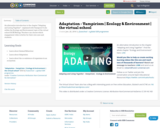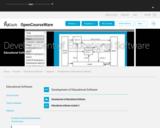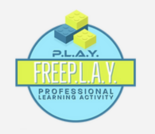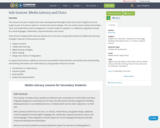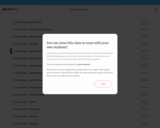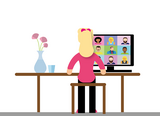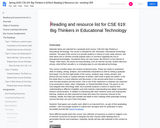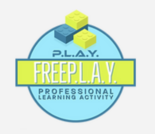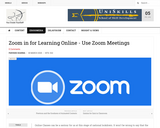Materials below are selected for a graduate level course, CSE 619: Big Thinkers in Educational Technology. The course is intended for MS: Education: Educational Technology students. The goal of the course is to provide students a chance to read, study, discuss, and write about one or several currently popular topics or concerns regarding the use of educational technologies. Sometimes these are new issues, like MOOCs or the Internet of Things. Other times, the issues are long standing, such as Internet security, student data and privacy, what EdTech actually is, or emerging ways to use educational technology.
This course is broken down into several component parts. These are meant to emphasize skills of reading, writing, analysis, and multimedia composition as well as writing a graduate level paper. For the first eight weeks of the course, students read, review, present, and discuss the four books or curated selection of articles. Each book is given two weeks. In the first week there is a short reflection and discussion; in the second week there is a longer, more focused analysis and discussion. One or two of the responses or analyses are expected to be presented in audio, video, infographic, or PowerPoint/slide format. The goal is to not only integrate their technology skills, but to provide students a chance to express their understanding in different modalities and work towards understanding how digital composition impacts communication. In addition to interacting with other students’ posts and sharing their learning, students are also expected to locate and share five resources relevant to the readings. Ideally, this helps give breadth and depth to their readings while potentially locating sources that they can use in their final paper.
Students’ final papers are usually used, albeit in an improved form, as part of their graduating portfolio. I also encourage students to submit their strongest work for publication in open, accessible journals like Hybrid Pedagogy.
Since different people teach this course, this collection of resources is meant to suggest a set of common resources for faculty to integrate into their courses while allowing them to personalize themes and emphases. Hopefully, faculty will also add materials to this content as well.
If you have suggestions or additions, please contact me.

